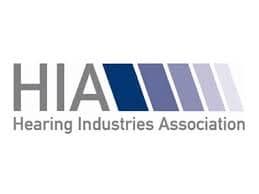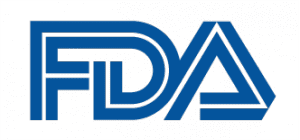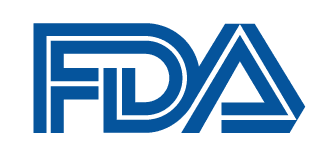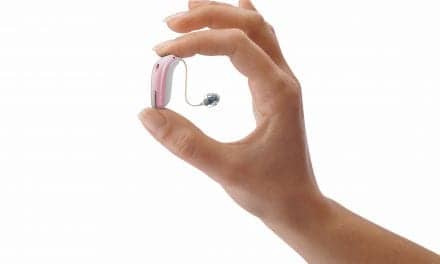
In its Addendum, the HIA reiterated its position on several issues related to hearing healthcare in the US, stressing both the critical need to appropriately treat hearing loss, and the crucial role of hearing professionals in providing treatment for people with hearing loss that lead to successful outcomes. Citing the testimony of numerous witnesses, HIA emphasized the importance of FDA regulation to ensure hearing aid effectiveness and safety, and to avoid a marketing “race to the bottom” that would accompany deregulation of the hearing aid market.

In its report, the PCAST recommended that the FDA abandon nearly all regulations related to the manufacture and sale of OTC hearing aids. The National Academies panel, on the other hand, noted that these regulations are important in ensuring safety and effectiveness for users. Although the National Academies panel recommended the creation of a new class of OTC hearing devices, it also noted the critical importance of professional services to achieving optimal outcomes. Numerous witnesses at the FDA Workshop in April also questioned whether consumers can appropriately self-diagnose, self-treat, and self-manage their hearing loss.
Although it articulated its support of greater access in the Addendum it submitted to the FDA, HIA also demonstrated why neither PSAPs nor OTC hearing aids were the right solution for consumers with hearing loss.
According to the HIA, the FDA will be posting all comments related to the April 21 Workshop.
Source: Andy Bopp, HIA





